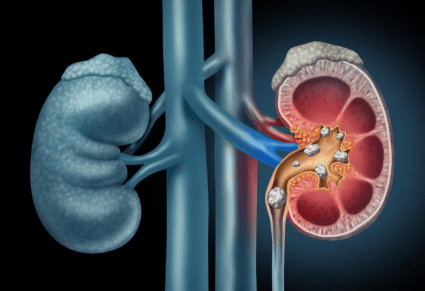This is an automatically translated article.
Eating asparagus will make your urine smell bad. This happens due to the metabolism of acids present in asparagus. However, this side effect does not happen to everyone. This article explains why eating asparagus will smell bad.
1. What is asparagine acid found in asparagus?
Asparagus acid is a sulfur-containing compound. Asparagus contains a non-toxic substance that produces a sulfurous odor that some say resembles rotten cabbage. A strong and pungent odor characterizes many sulfur-containing ingredients such as rotten eggs, natural gas. Scientists believe that the acid in asparagus may be responsible for the unpleasant odor after eating.

Axit asparagus là nguyên nhân tạo ra mùi khó chịu sau khi ăn măng tây
2. How does asparaginic acid affect urine odor?
Once the body metabolizes asparaginic acid, it produces some very volatile sulfur byproducts. When urinating, these compounds evaporate immediately and can give off an odor. Although scientists have not been able to determine whether one compound is responsible for the odor or if it is caused by a mixture of all the methanethiol compounds. Methanethiol, also known as methyl mercaptan, is characterized by a strong and unpleasant scent. It is the most common odorant found in urine after eating asparagus.3. How long does the smell last?
Some people may notice an unpleasant odor within 15 - 30 minutes of eating asparagus. Studies have determined that within 25 minutes, half of the acid present in asparagus consumed has been absorbed. The rapid rate of absorption suggests that the effect of asparagus on urine odor can appear fairly quickly, and recent studies also agree that it can last for more than a few hours.
A study of 87 people who ate 3 tops of asparagus found that the half-life of the asparagus scent was 4-5 hours, which means that the total effects can last up to 8 hours and 10 hours.
However, another study in 139 people who also consumed 3 asparagus stalks suggested that the half-life of the smell was 7 hours, meaning the effect could even last up to 14 hours.

Mùi khó chịu trong măng tây có thể kéo dài tới 14 giờ
4. After eating asparagus, the smell only occurs in some people
The effect of asparagus on urine odor is not common and several theories attempt to explain this phenomenon.
It is theorized that only certain individuals are capable of producing sulfur compounds that cause odors, while others are not. This hypothesis asserts that people who were not in the sulfur-producing group lacked an enzyme that helps metabolize asparaginic acid and were therefore unable to produce odorous urine. A small study in 38 adults determined that about 8% of them either did not produce odorous urine or produced it at concentrations too low to be detected.
Another theory called the cognitive hypothesis states that everyone can produce an odor after eating asparagus, but some cannot detect or perceive it. In this case, the researchers found a genetic modification that changes one or more of the olfactory receptors that respond to the smell of asparagus causes what's called asparagus anosmia, or the inability to smell asparagus.

Tác dụng của măng tây lên mùi nước tiểu không phải là phổ biến
In fact, research shows that a large percentage can smell asparagus. One study in 6,909 adults found that 58% of men and 62% of women had asparagus anosmia. It shows that this particular gene editing is quite common.
Asparagus acid produces many sulfur-containing byproducts that make urine smelly. The smell can be detected as early as 15 minutes after eating asparagus and can last up to 14 hours. However, not everyone produces an odor and the majority of people can smell it due to a specific gene modification.
Vinmec International General Hospital with a system of modern facilities, medical equipment and a team of experts and doctors with many years of experience in medical examination and treatment, patients can rest assured to visit. examination and treatment at the Hospital.
To register for examination and treatment at Vinmec International General Hospital, you can contact Vinmec Health System nationwide, or register online HERE.
Reference source: .healthline.com













